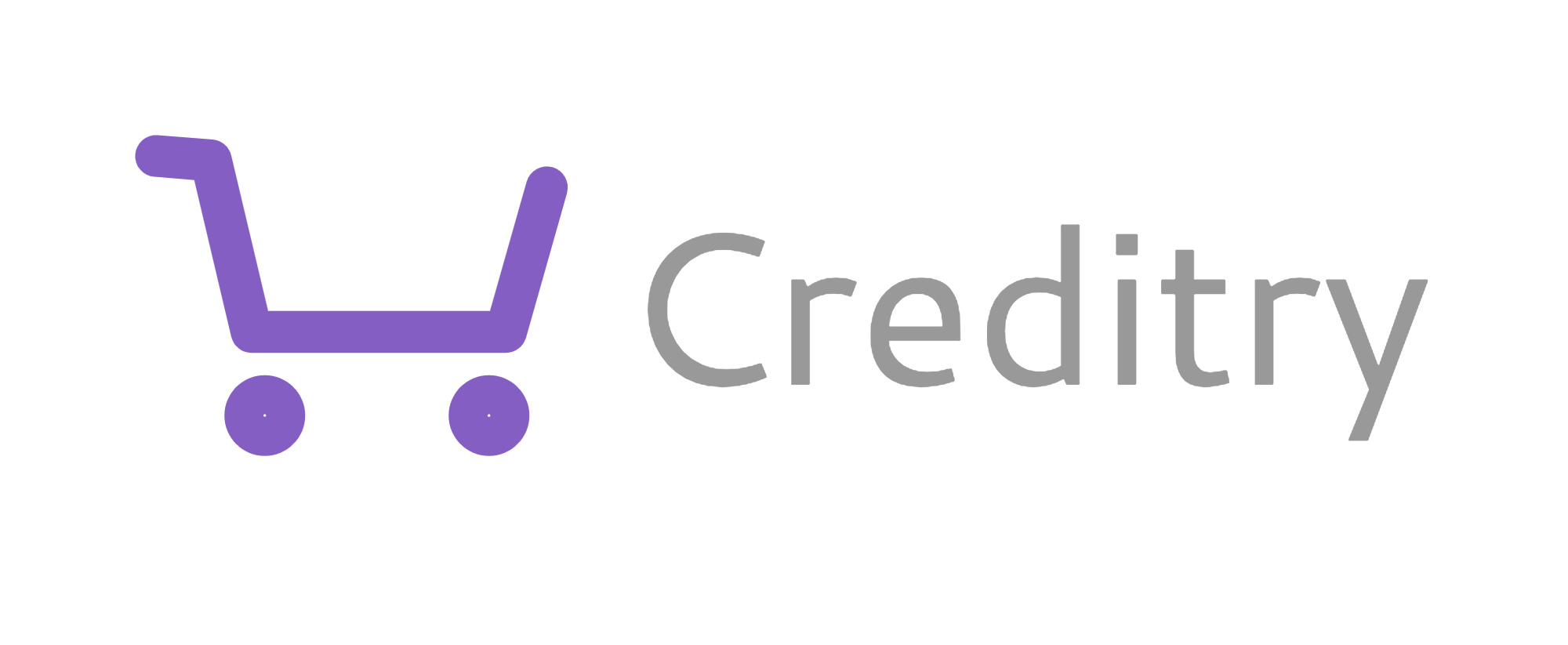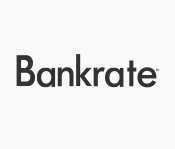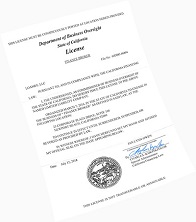Overview
An FHA loan is a mortgage backed by the Federal Housing Administration but issued by an FHA-approved lender. Because the FHA is part of the Department of Housing and Urban Development, these are sometimes referred to as “HUD Loans.” They are primarily designed to make it easier for low-income borrowers to purchase a home. While commonly called “FHA Loans” or “HUD Financing,” neither the FHA nor HUD actually loans the money – they merely approve the lenders and manage the requirements of the program.
With an FHA mortgage, the requirements for the initial down payment are generally lower and lenders have the security of government “insurance” should the borrower default. The cost of this insurance is born partly by the purchaser in the form of mortgage insurance payments to the FHA. The reduced risk to lenders helps to keep interest rates manageable as well, although they will still vary based on the borrower’s credit score and credit history.
Currently, potential homeowners must have a credit score of at least 500 to qualify, as compared to more conventional mortgages which generally look for a score of 620 or above. Scores between 500 – 579 generally mandate a 10% down payments, while those above 580 can do as little as 3.5%. (Conventional mortgages sometimes require down payments as high as 20% of the value of the home.)
Some states or private organizations offer down-payment assistance for qualifying borrowers unable to meet these requirements. Closing costs are kept low as well, generally around 3% of the loan total.
Keep in mind these figures are averages and may vary based on your lender, location, and circumstances. Even those regulated by the FHA may change over time.
Although FHA loans are designed largely to assist low-income borrowers, lenders will check your credit score and full credit history. You will be asked to provide proof of employment and verification of your income over the past two years. A previous bankruptcy or foreclosure doesn’t automatically disqualify you, although you will need to show evidence you’re making progress rebuilding a positive credit history for a few years before consideration. If you are currently behind on student loans or federal income taxes, you are ineligible for an FHA-insured loan program.
An FHA loan can only be used for a primary residence – the home in which you live and use as your legal address. The property will be appraised and must meet certain guidelines in order to qualify.














